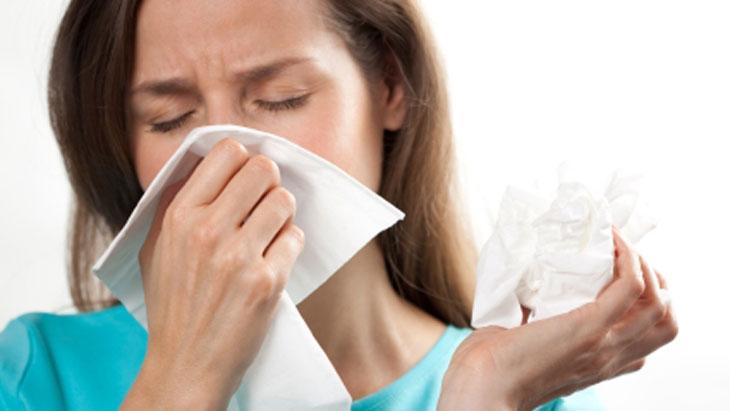Eating ginger in summer is a topic often discussed, and it does have many benefits. Ginger, as a warm food, has a spicy nature that can warm the stomach, promote sweating, prevent vomiting, and detoxify the body. During the hot summer days, people tend to cool off by consuming cold fruits and drinks, but this might unintentionally harm the spleen and stomach yang energy, leading to abdominal pain and diarrhea. Following the concept of “nourishing yang in spring and summer” from traditional Chinese medicine, consuming ginger in moderation during the hot season can help tonify the spleen and stomach, promoting overall health.
Modern research reveals that ginger extract can stimulate gastric mucosa vitality, enhance blood circulation and gastric function through nerve reflexes, and have anti-inflammatory, pain-relieving, and digestive aid effects. Its volatile oil not only enhances digestive fluid secretion but also effectively relieves nausea. Adding ginger shreds, slices, or powder to daily meals can enhance the flavor of dishes and improve digestion and absorption, awakening the spleen and stomach functions.
However, not everyone is suitable for consuming ginger in summer. Prolonged exposure to air conditioning may lead to “air conditioning sickness,” and in such cases, ginger tea can be a good companion for keeping warm and preventing this modern ailment. Ginger also possesses excellent antimicrobial and detoxification abilities, beneficial for combating summer-related food poisoning and skin infections. Additionally, its antioxidant components help resist aging and protect the skin from UV damage.
Ginger can also work wonders for motion sickness, dizziness, headache, and other discomforts during exercise or travel by car or boat, earning the reputation as a “miracle cure for vomiting.” Moreover, in hot weather, ginger can stimulate appetite, aid in digestion, induce sweating for cooling, and relieve mild heatstroke symptoms.
It is essential to note that not everyone is suitable for ginger consumption in summer. Individuals with yin deficiency, excessive internal heat, those with hepatitis, and specific hair loss conditions should avoid consuming ginger to prevent exacerbation of symptoms or discomfort. Understanding and correctly utilizing the benefits of ginger is key to truly enjoying its health advantages and avoiding any potential side effects. Therefore, when reaping the benefits of summer ginger, choose carefully based on individual conditions.


